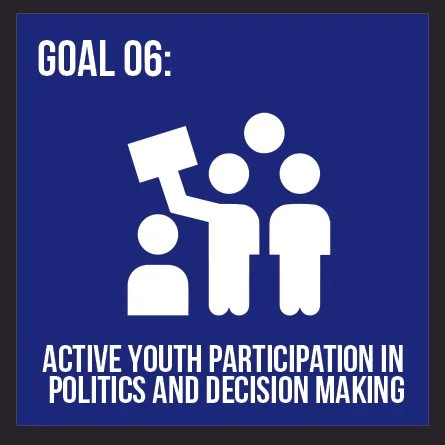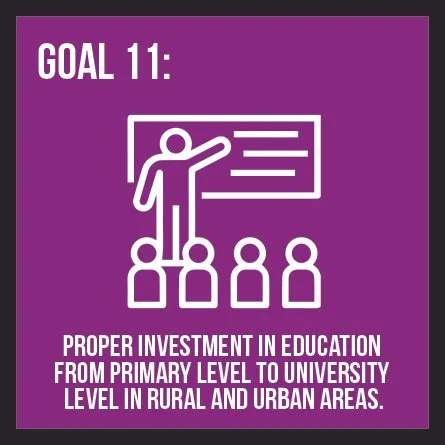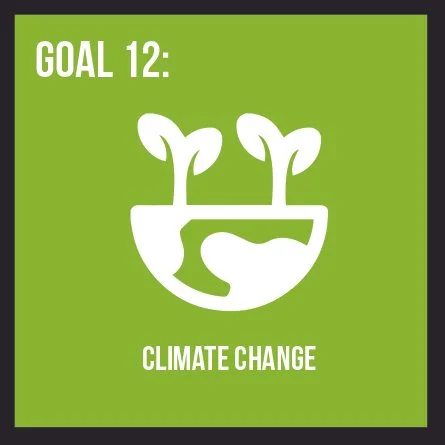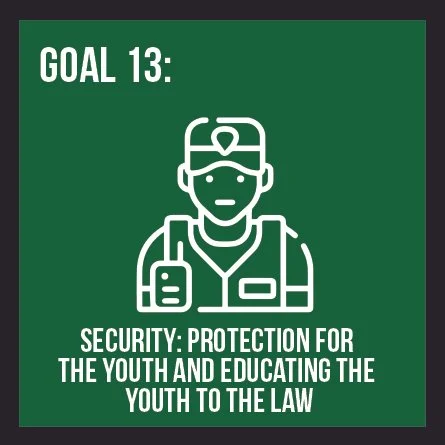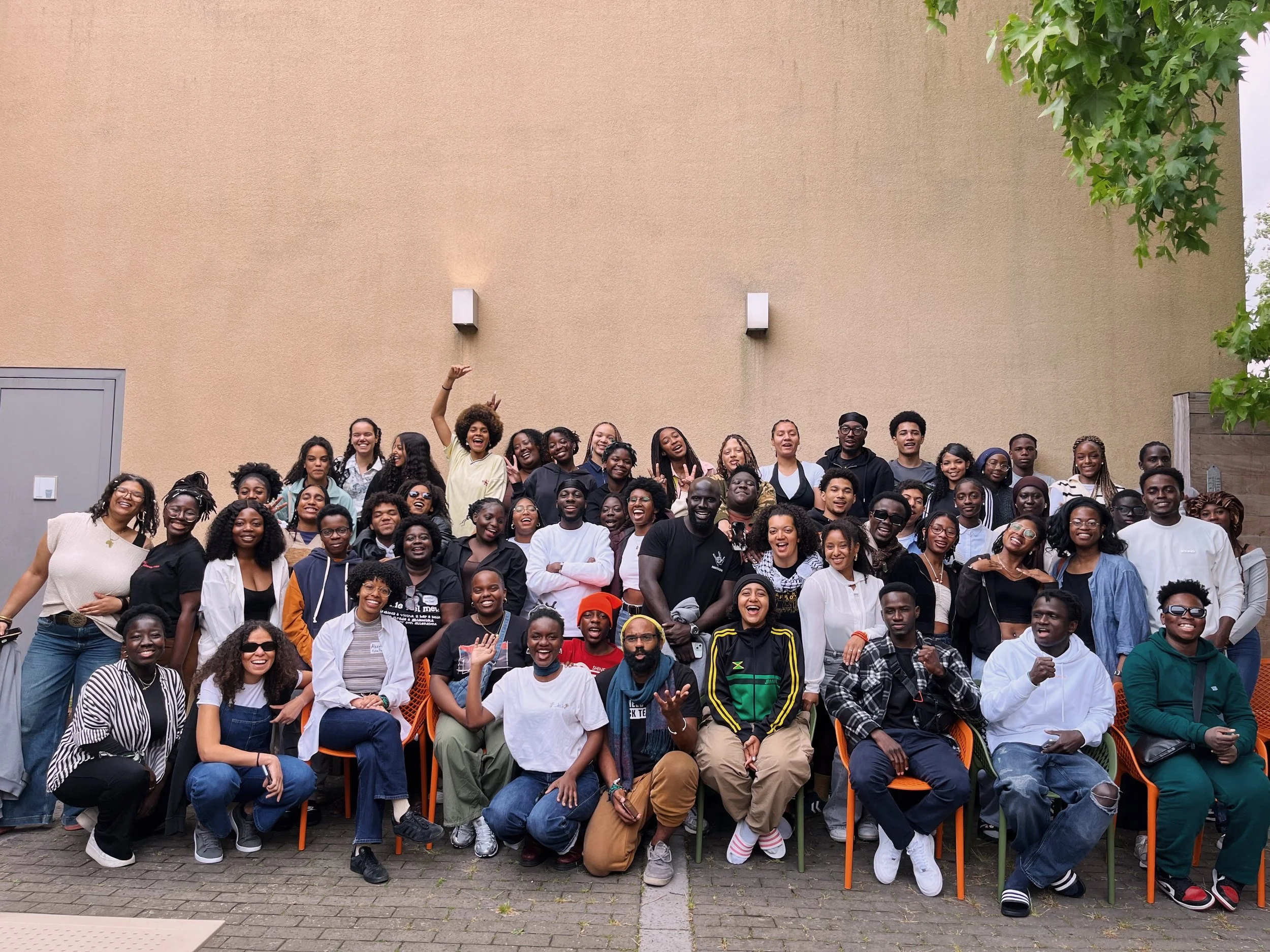
African Youth Goals
What are the African Youth Goals?
The African Youth Goals consist of 15 key objectives and are a comprehensive framework constructed by young people and youth leaders from diverse backgrounds across the continent of Africa and the African diaspora. This collaborative effort reflects the collective aspirations and insights of the youth, ensuring that the goals are grounded in the lived experiences and perspectives of those they are designed to benefit. The inclusive process of developing these goals underscores the commitment to representing the diversity of voices within the African youth community, aiming for a more inclusive and participatory approach to addressing the challenges and opportunities faced by the continent's young population. Through this collective initiative, the African Youth Goals strive to be a relevant and impactful guide for policies and actions that contribute to the holistic development and empowerment of African youth.
Main reasons
for the Goals
The main reason behind the formulation of the 15 African Youth Goals is to comprehensively address the diverse challenges faced by the youth in Africa and the diaspora. Constructed by young people and youth leaders, these goals aim to promote holistic development, inclusivity, and active participation. By tackling issues such as education, employment, peace, security, and environmental sustainability, the goals seek to empower the youth, ensure their voices are heard, and provide a roadmap for positive change. The collaborative nature of their construction reflects a commitment to inclusivity and representative solutions, fostering an environment where young people can contribute meaningfully to society and shape a prosperous future for Africa.
Young Voices of Africa - African Youth Goals © 2024 by Young Voices of Africa is licensed under CC BY 4.0. To view a copy of this license, visit https://creativecommons.org/licenses/by/4.0/
The Fifteenth Goals
Connection Between the African Youth Goals, Sustainable Development Goals (SDGs), and European Youth Goals.
The African Youth Goals, SDGs, and European Youth Goals share common aspirations for youth empowerment and sustainable development but differ in their regional focus and specific priorities. Here's a breakdown of the connections and key differences.
AYGs vs SDGs and EUYGs
-
Poverty Reduction: AYG (Goal 1), SDG 1 (No Poverty), and EYGs all focus on alleviating youth poverty.
Education: AYG (Goal 11) encourages investment in education, aligning with SDG 4 (Quality Education) and EYG's emphasis on quality learning (Goal 8).
Gender Equality: AYG (Goal 4), SDG 5, and EYG (Goal 2) all advocate for female empowerment and gender equality.
Climate Action: AYG (Goal 12), SDG 13 (Climate Action), and EYG (Goal 10: Sustainable Green Europe) highlight the importance of addressing climate change.
Youth Participation: AYG (Goal 6), SDG 16 (Peace, Justice, and Strong Institutions), and EYG (Goal 9) underline the necessity of youth involvement in politics and decision-making.
-
Regional Focus: AYG targets African-specific issues like AU engagement (Goal 2), free movement across borders (Goal 15), and youth security (Goal 13). These goals reflect the unique challenges of Africa.
The SDGs are global, addressing universal challenges across all nations, not just for youth.
EYGs focus on European concerns, such as mental health and well-being (Goal 5), youth spaces, and sustainability.
You can check out our African Youth Goals Toolkit.
This toolkit is for all Young People, Youth Workers/youth organisations, Youth Leaders, Educators, Teachers/Schools, Policymakers and Decision-makers.The African Youth Goals Toolkit is a dynamic and interactive resource designed to empower young people by providing structured, engaging, and accessible workshops that address key issues affecting youth across Africa and beyond. While the toolkit is rooted in the African context, its themes, learning experiences, and methodologies are relevant to youth worldwide. It provides a global framework for youth empowerment, helping young people everywhere develop skills, knowledge, and leadership qualities to contribute to their societies and influence positive change. The toolkit serves as a collection of practical activities and workshops that can be used by youth organisations, educators, community leaders, policymakers, and international stakeholders who are committed to youth development and global progress.







